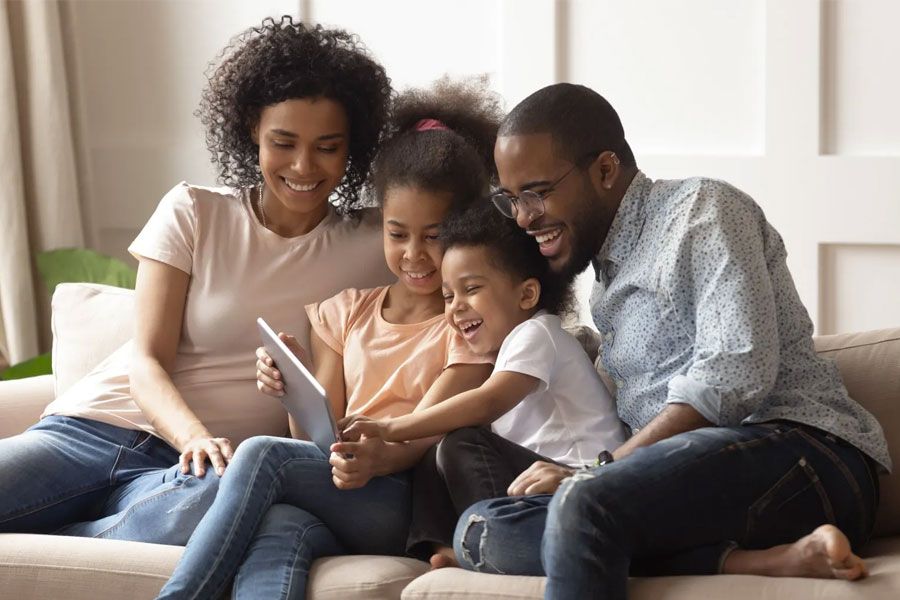
We define home as a social unit of individuals living together.
Who We Equip
- Children
- Tweens
- Teens
- Youths
- and Adults
What We Equip Them to Do
- Recognize your strengths, support systems, and areas where growth is needed
- Understand the root influences of your problems and challenges
- Discover your beliefs that influence your behaviors
- Become self-aware
- Build your empathy capacity
- Experience a home where family members feel content and hopeful
Culturally Responsive Mental Health Education for Homes/Families
In a home setting, culturally responsive mental health education benefits all family members, including parents, children, grandparents, and extended family members. It helps create a supportive, empathetic, and inclusive family environment that promotes mental well-being for everyone.
Culturally responsive mental health education matters in homes because:
- Fosters understanding: It helps family members understand and respect each other’s diverse perspectives, experiences, and needs related to mental health.
- Enhances communication: It promotes open, honest, and culturally sensitive communication about mental health within the family.
- Supports well-being: It equips family members with the knowledge and skills to support each other’s mental well-being effectively.
- Encourages help-seeking: It can reduce the stigma around mental health and encourage family members to seek help when needed.
- Strengthens family bonds: It can improve family dynamics, leading to stronger relationships and a more supportive home environment.
